During my visit to the Greenshowroom in Berlin in January, I was very impressed by the event and so inspired to see so many involved and interested in the movement. In our daily lives, we rarely see so many people being so passionate about a cause. The event was full of interesting new fibre innovations, collaborations and technological advances, however, there was one thing that I was missing throughout the event, but especially when companies were talking about their circular design plans: the infrastructure for collecting the garments they’ve made. To many this might seem to be a secondary consideration, as it is not a very sexy topic – it is essentially waste, an afterlife of the garment. However, it is one of the most important topics we should be discussing now and we should pay more attention to it, not only considering fashion but any other consumables as well.
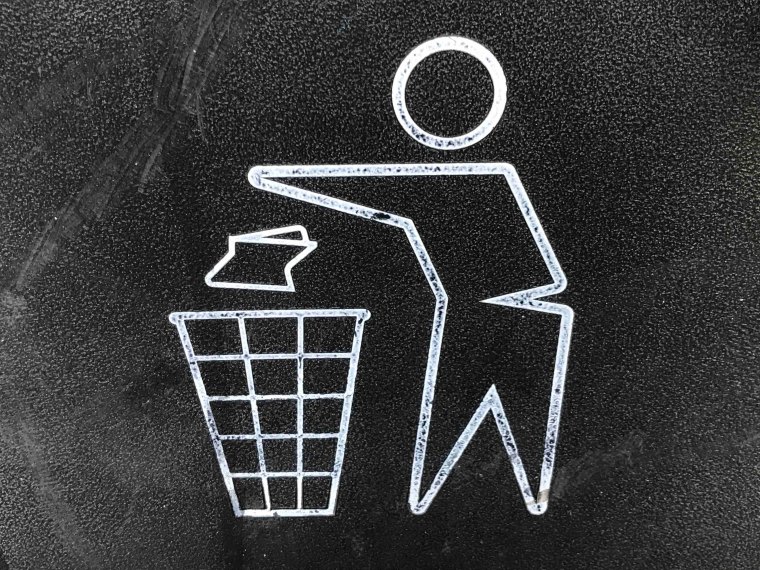
RECYCLING INFRASTRUCTURE
Recycling is great, isn’t it? It makes us feel that we are on top of our contribution to reduce waste at the landfills and keep our consumption more sustainable. We separate bio-recycling from the plastic and paper and religiously empty them in their allotted bins, and we take our old clothes and other items to the charity shops to deal with our unwanted or worn items. But do we actually know where all of this ends up? Growing in Finland with its strict recycling rules, I always thought it is the responsibility of the country or the city to recycle those items. But it wasn’t until the recent upheaval of China not taking our recycled waste any longer that I saw the full picture.
Although, we might think that we recycle everything from food and plastic to clothes and electronics, the actual amount of produce that gets recycled is relatively small and most of it is shipped to countries such as China, India, Kenya and Niger to be recycled or disposed of. Globally only 20% of the end-of-use clothing is collected for recycling out of which around 70% is sent to African countries where they are sold to poor locals, the rest is turned into rags, insulations or furniture stuffing and will not be recyclable again (Fashion Revolution). Western countries, mostly the UK and the US, keep our western economies and consumerism up, by offering us the outlet of recycling, without really explaining what happens to our recyclables. When the recyclables are shipped to China we don’t have to think about it, and now we are in the mids of panic when all the recycling is stuck in our countries and we don’t have the infrastructure to handle it. There is so much recycled clothing that goes into African countries that they don’t want them any longer, in addition, it disrupts their economic growth. The technology we send to be recycled, on the other hand, is often sent to countries such as China, India, Nigeria or Ghana to be disassembled in hazardous conditions to retrieve any precious metals and then dumped on landfills that pollute the surrounding areas. (BBC & Techland Time)
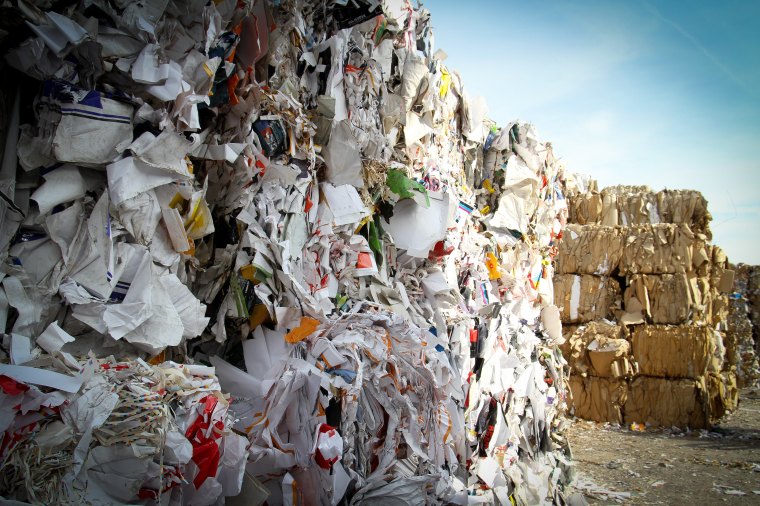
To battle the problem that the US and the UK especially face when other countries are not taking in their waste anymore, the US is planning to reduce support to those countries whereas the UK is trying to ban single-use plastic. For the UK it is a great start, however, there are many implications that they are not considering! Charging 5p for plastic bags and a push to use more canvas bags was a great start, but if the canvas bags are disposed of at the same speed as plastic bags were it is not solving the problem (The Atlantic). Now, in the UK they are planning on charging people for getting a takeaway cup from coffee shops. Again, a great idea, maybe it will force people to use reusable coffee cups. However, an increase in reusable coffee cups would most likely see an increase in them ending up on the landfill as well. I have 4 reusable coffee cups because most of them started leaking or broke and now I don’t know what to do with them! How recyclable are our reusable coffee cups? And where is the information what we should be doing with them after their end-of-life?
I was actually quite excited about recycled coffee cups that many independent coffee shops are using to serve their coffees in until I realised I don’t know where I can compost it or recycle it. We lack in proper infrastructures to recycle our waste efficiently and economically. Recycling is not made easy for consumers. With many types of plastics, it is difficult to understand what can be recycled and where, or how it should be treated before recycling. We have recycling bins at home, at Universities and in the lobbies of some bigger corporations, but what about the rest of the city where there are only regular bins? And who’s responsibility is it to make it all work? Recycling is expensive, it’s a business. It requires funds and resources to sort through the waste and send it forward to be reused in a new material if it is still possible to reuse it. Many of our products are not designed to be recycled, most companies don’t think the afterlife of the product, so they are made out of a combination of chemicals and materials, which are nearly impossible to separate. And many products such as paper have toxic colourings which will be recycled alongside the paper and therefore stay in the recycling loop.
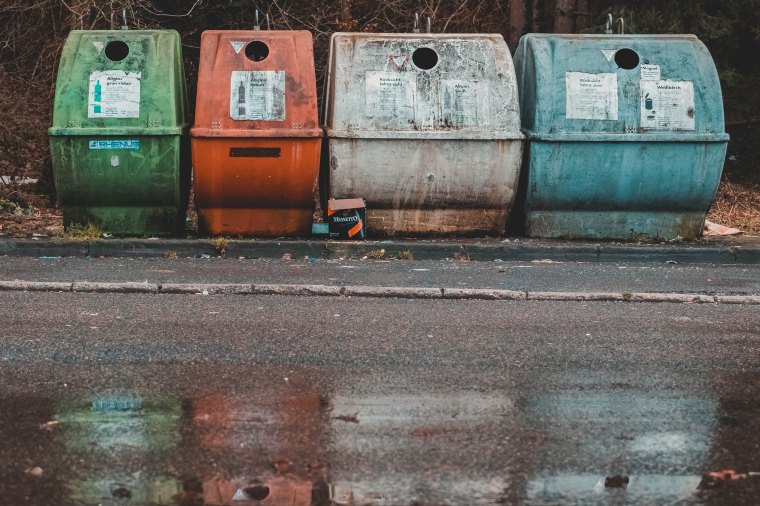
There used to be many UK companies that handled recycled clothing, however, most have either reduced in size or seized to exist, because it is cheaper to send it away than sort through it (BBC). When it comes to fashion, only pure natural fibres are compostable, and that is if all the metallic or plastic parts are taken off it and it is not dyed with toxic dyes, and when it is composted in the right conditions. However, in most cases, clothing is created by combining cotton and polyester for comfort and durability (some just because it is cheaper to produce it this way), which until recently were almost impossible to separate. There are some technological advances to this, but it is still in its early stages. (Recycling International) .
Whilst visiting the Greenshowroom I noticed how many companies were designing circular loops into their production. Ecoalf collects marine waste to recycle it into polyester, QMilk collects milk waste to recycle it into a fibre and there are many other examples from Econyl’s recycled nylon to Revive collecting waste coffee. That is absolutely amazing, we are getting rid of ocean waste (this might take a while) and innovating with other waste materials to reuse them, but what about those products and their end-of-life, will they be collected from the ocean as well? We can’t endlessly collect waste from the oceans, it is not economic or good for the environment. Instead, we should collect everything there is now and stop other waste ending up in the ocean. Some companies, such as H&M, are accepting used clothes, however, most of them are not making it easy for the customers.
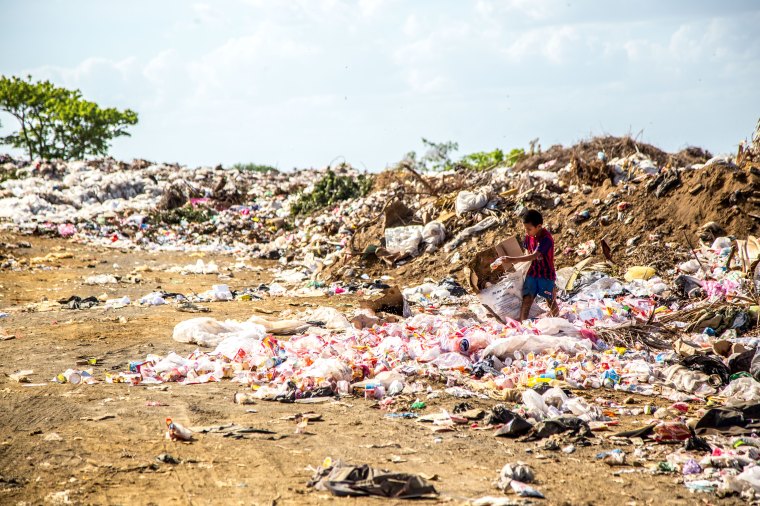
ALL IS NOT LOST
- There is a new proposal in the UK to have a bottles and cans deposit that consumers will pay when buying drinks and will get back when bringing these for recycling. This is not a new idea as many countries are already using this system successfully. (BBC).
- I read recently about a Cupclub, which is a service of reusable coffee cups for those who do not like to carry their reusable cups with them. Those coffee shops that take part in the Cupclub will have collection points for the cups after a customer has used them. I thought it is a great idea if many enough branches will take part. Similar type coffee shop wide scheme of reusable coffee cups is being used in Freiburg Germany.
- The UK government has a scheme of a tax levy for businesses that do research and development into waste reduction and to tackle pollution. (Ethical Hour)
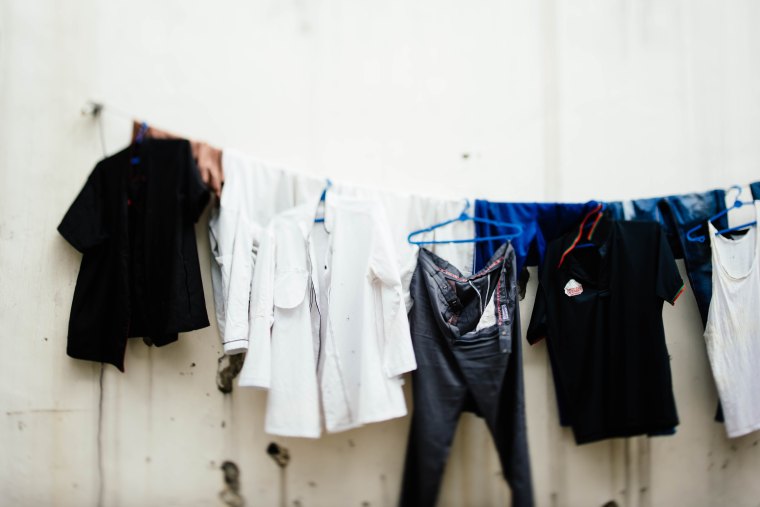
WHO IS RESPONSIBLE
The never-ending question is who is responsible for creating the infrastructure and making it work. Is it every consumer’s responsibility to make sure every product and item they buy is recyclable or compostable and is being disposed of in the right way, or hoard the waste that they can’t recycle? Is it companies responsibility to produce products that are recyclable in an easy way, that do not pollute and are not wrapped in millions of layers of plastic, and come up with innovative ways to make it easier for the customer to dispose of their items? Or is it the government’s responsibility to reinforce the laws against pollution and create the infrastructure that will serve all the different requirements from regular waste to clothing and technology?
According to Fashion Revolution fanzine, France keeps the companies responsible for the products they make including the packaging. They ask the companies to pay an upfront fee for all their products and packaging that helps fund the collection and recycling infrastructure. I think it is a brilliant idea, but then again it is only one of the options. In the end, it should be all three that should be working to create the infrastructure and make sure that it is used. I often debate whether it is companies or the government that should create the infrastructure and would be interested in hearing your opinions about this as well! I often think it is the government responsibility, but then I see these beautiful minds creating business models to combat waste and I am amazed!
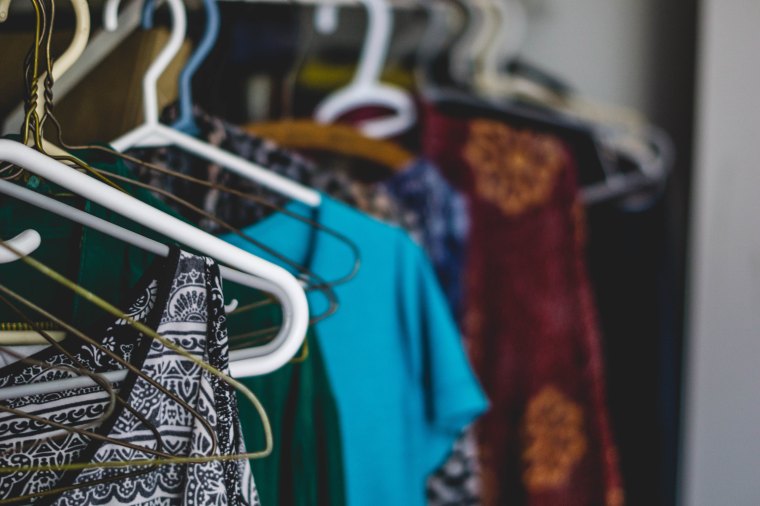
WHAT YOU CAN DO
- Buy less and buy smarter. Make sure what you are buying is what you need and will last you for years.
- Keep recycling, we can’t have our waste in the landfills either.
- Ask your local government representative to take action and check the 6 actions by Fashion Revolution that you can do.
- Use your voice and be vocal about these issues and how they should be fixed.
- I also recommend reading the Fashion Revolution fanzine and learning more about this topic!
- If you are in Scotland check also the Zero Waste Scotland website, anywhere else, I am sure there are similar organisations in your area as well.
Pictures are from Usplash and Fashion Revolution.
Do you find it problematic to sustainably dispose of your waste? And who do you think should be responsible for making our recycling infrastructure work? Let me know in the comment box below, on Twitter or Instagram, I would really love to hear your opinions on the matter!
With love,
Lii






